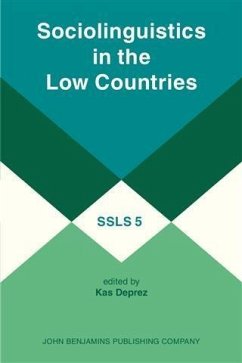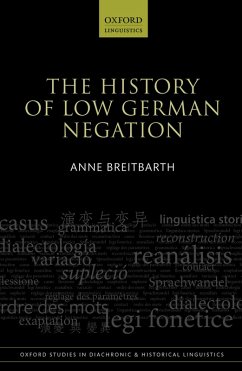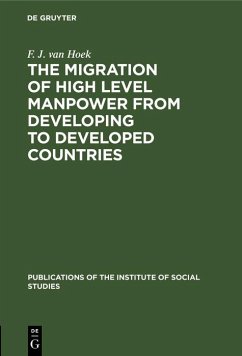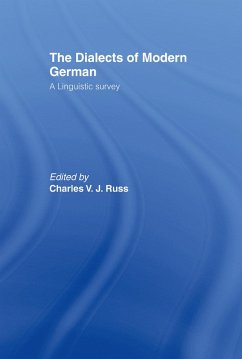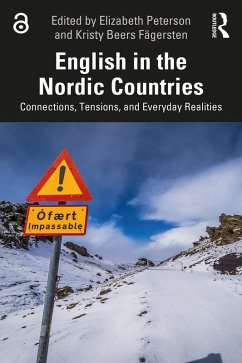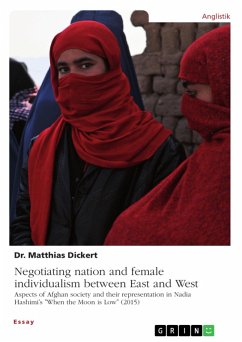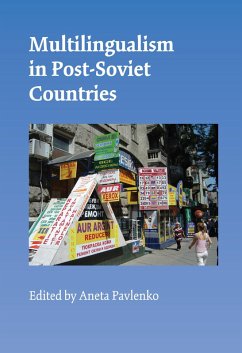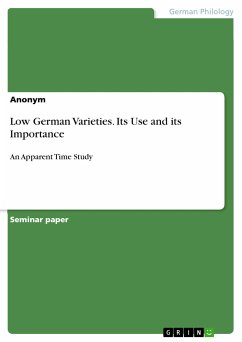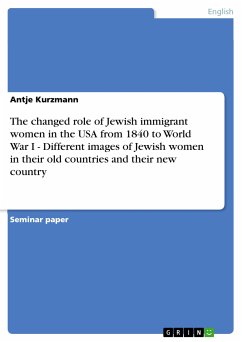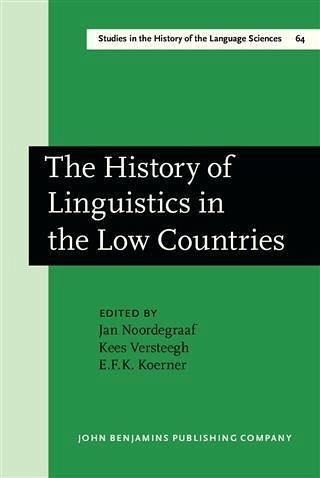
History of Linguistics in the Low Countries (eBook, PDF)

PAYBACK Punkte
69 °P sammeln!
The importance of the Low Countries as a centre for the study of foreign languages is well-known. The mutual relationship between the Dutch grammatical tradition and the Western European context has, however, been largely neglected. In this collection of papers on the history of linguistics in the Low Countries the editors have made an effort to present the Dutch tradition in connection with that of the neighbouring countries. Three articles by Claes, Dibbets and Klifman deal with the earliest stages of the development of a grammar for the Dutch vernacular. Several important European figures w...
The importance of the Low Countries as a centre for the study of foreign languages is well-known. The mutual relationship between the Dutch grammatical tradition and the Western European context has, however, been largely neglected. In this collection of papers on the history of linguistics in the Low Countries the editors have made an effort to present the Dutch tradition in connection with that of the neighbouring countries. Three articles by Claes, Dibbets and Klifman deal with the earliest stages of the development of a grammar for the Dutch vernacular. Several important European figures worked in the Low Countries; their contribution to linguistics is discussed in articles on Vossius (Rademaker), Spinoza (Klijnsmit), and one of the most original phoneticians of European linguistics, Montanus (Hulsker). Vivian Salmon's article is a survey on the relations between English and Dutch linguistics in the field of foreign language teaching. In the 19th century Dutch linguistics had a special relationship with German general and historical linguistics; four articles deal with this period (Jongeneelen, van Driel, le Loux-Schuringa, Noordegraaf). Finally, there are three articles by Kaldewij, Hagen and van Els/Knops on the development of three branches of linguistics in the 20th century: structuralism, dialectology and applied linguistics. This volume should be of interest for all specialists in the history of linguistics in Europe, who are interested in the interdependence of the various traditions.
Dieser Download kann aus rechtlichen Gründen nur mit Rechnungsadresse in A, B, BG, CY, CZ, D, DK, EW, E, FIN, F, GR, HR, H, IRL, I, LT, L, LR, M, NL, PL, P, R, S, SLO, SK ausgeliefert werden.




